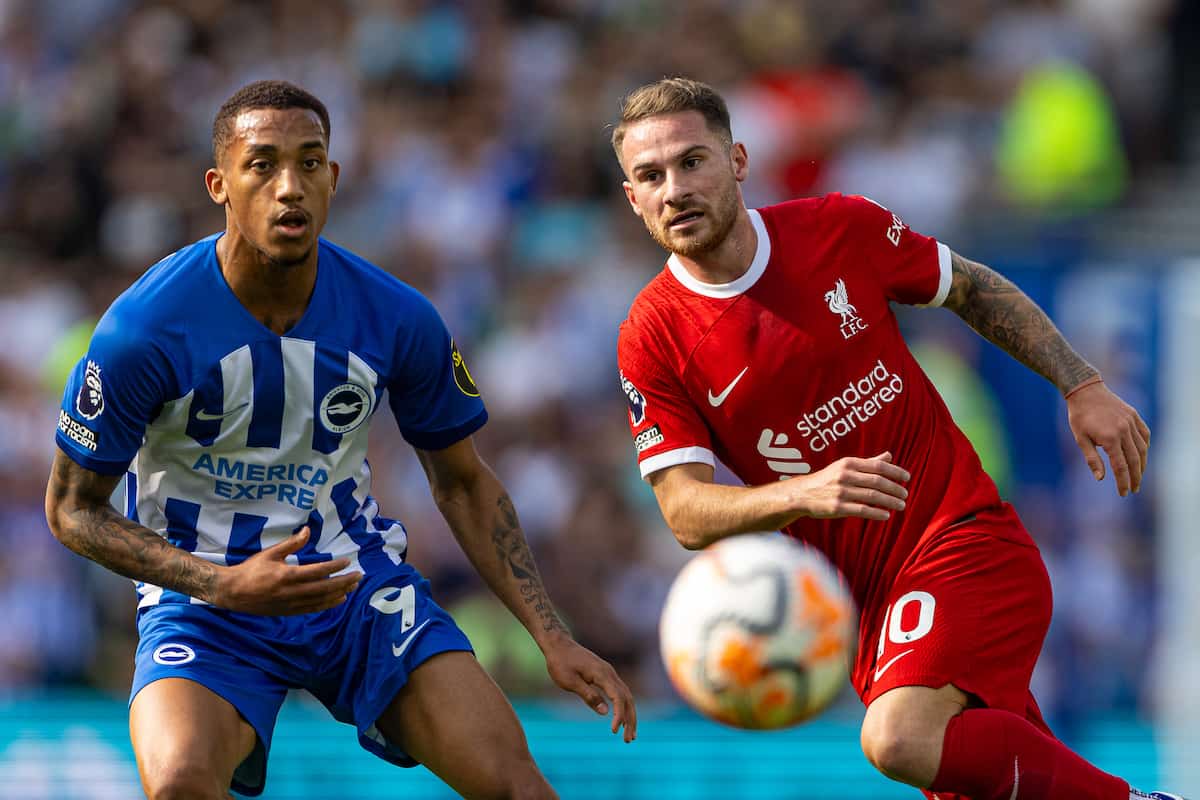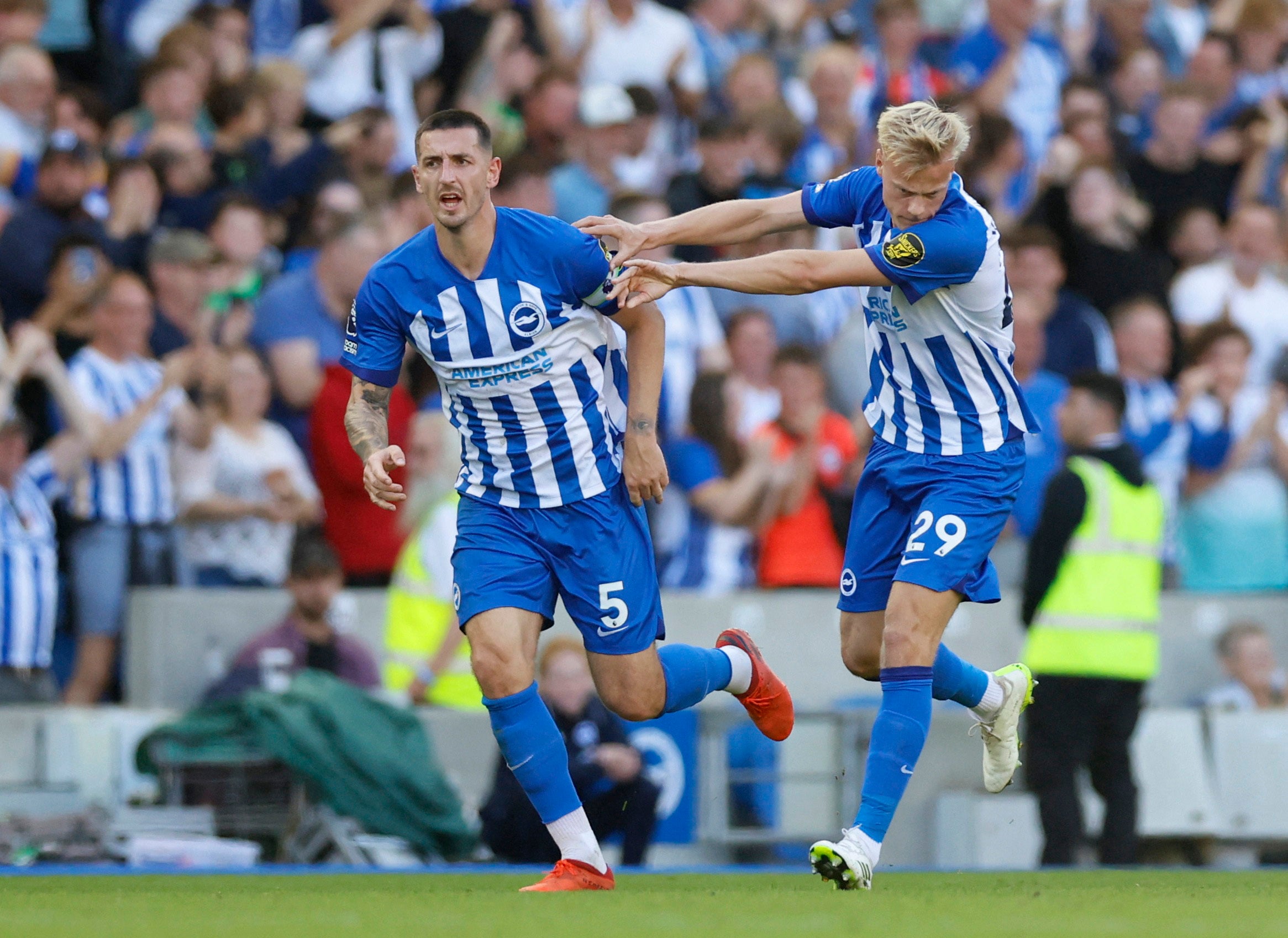Brighton Liverpool: Two vibrant British cities, each boasting unique attractions and cultural experiences, stand in fascinating contrast. This in-depth comparison delves into the tourism offerings, cultural scenes, lifestyles, culinary delights, and infrastructure of both Brighton and Liverpool, providing a comprehensive guide for potential visitors and those simply curious about these distinct urban landscapes. From bustling port cities to vibrant coastal towns, the differences and similarities between Brighton and Liverpool are sure to intrigue and inform.
This analysis covers a wide range of topics, comparing and contrasting the cities’ accessibility for tourists with disabilities, providing sample itineraries for families, exploring their distinct artistic and musical scenes, and examining their respective costs of living and community spirits. We’ll also delve into the culinary offerings, transportation systems, and overall walkability and infrastructure of each city, painting a vivid picture of life in Brighton and Liverpool.
Brighton vs. Liverpool: A Tourist’s Comparative Guide: Brighton Liverpool
Brighton and Liverpool, two vibrant British cities, offer vastly different yet equally compelling tourism experiences. This comparative guide explores their attractions, cultural scenes, lifestyles, culinary offerings, and infrastructure, aiding travellers in choosing their ideal destination.
Tourism Offerings: Brighton and Liverpool
Both cities boast unique tourism offerings, catering to diverse interests. Brighton’s charm lies in its seaside location and quirky atmosphere, while Liverpool’s rich maritime history and cultural heritage form its core appeal.
| Attraction | Type | Cost (£) | Unique Selling Point |
|---|---|---|---|
| Brighton Pier | Amusement Park, Seaside Attraction | 5-20 | Iconic Victorian pier with arcades, rides, and restaurants. |
| Royal Pavilion | Historical Landmark | 15-25 | Exquisite example of Regency architecture, showcasing exotic styles. |
| The Beatles Story | Museum | 15-25 | Immersive experience charting the history of the Beatles in Liverpool. |
| Liverpool Cathedral | Religious Site, Architectural Marvel | Free entry, donations welcome | One of the largest cathedrals in the world, with stunning architecture. |
Accessibility for Tourists with Disabilities
Both cities are striving to improve accessibility, but variations exist. Specific examples are detailed below.
- Brighton: Many attractions in Brighton offer wheelchair access, though some older buildings may have limited accessibility. The city boasts a relatively good network of accessible public transport.
- Liverpool: Liverpool is generally considered more accessible than Brighton, with many buildings and transport options offering facilities for disabled visitors. The city has invested significantly in accessible infrastructure.
Three-Day Family Itineraries
Sample itineraries for families visiting each city are presented below.
Learn about more about the process of manchester city next match in the field.
Brighton:
- Day 1: Brighton Pier, seafront stroll, fish and chips.
- Day 2: Royal Pavilion, Brighton Museum & Art Gallery, beach time.
- Day 3: Seven Sisters Cliffs walk (if suitable for family fitness level), exploring the Lanes.
Liverpool:
- Day 1: The Beatles Story, Albert Dock, stroll along the waterfront.
- Day 2: Liverpool Cathedral, World Museum, exploring the city centre.
- Day 3: Tate Liverpool, a ferry ride across the Mersey, visit to a local park.
Cultural Events: Brighton and Liverpool
Both cities host a diverse range of cultural events throughout the year. These events contribute significantly to the unique character of each location.
- Brighton: Brighton Festival (May), Pride (August), various smaller arts and music festivals throughout the year.
- Liverpool: Liverpool Biennial (contemporary art exhibition), Liverpool Sound City (music festival), various theatre productions and cultural events throughout the year.
Artistic Scenes: A Comparison
Brighton and Liverpool possess distinct artistic scenes. Brighton’s art scene is known for its independent and eclectic character, often reflecting the city’s alternative vibe. Liverpool’s artistic scene, while diverse, often draws on its maritime heritage and musical legacy.
Music Scenes: Brighton and Liverpool
Both cities have thriving music scenes, but with differing focuses. Brighton’s music scene is known for its indie, alternative, and electronic music venues. Liverpool, historically a major musical hub, boasts a rich legacy of pop, rock, and indie music.
City Lifestyle: Brighton and Liverpool
Brighton offers a more relaxed, bohemian lifestyle, with a slower pace compared to Liverpool. Liverpool, a larger city, exhibits a faster pace of life and a more bustling atmosphere. The cost of living is generally higher in Brighton than in Liverpool. Community spirit is strong in both cities, though it manifests differently, with Brighton known for its close-knit neighbourhoods and Liverpool for its strong sense of civic pride.
Demographic Differences
Brighton’s population is younger and more diverse than Liverpool’s, with a higher proportion of students and creative professionals. Liverpool has a more established industrial heritage and a broader range of age groups.
Local Businesses and Industries, Brighton liverpool
Brighton’s economy is driven by tourism, creative industries, and technology. Liverpool’s economy is more diversified, including tourism, maritime, education, and healthcare sectors.
Food and Drink: A Culinary Comparison
Both cities offer a diverse range of culinary experiences, reflecting their unique characters.
| Restaurant Name | Cuisine Type | Price Range (£) | Notable Dish |
|---|---|---|---|
| The Chilli Pickle (Brighton) | Indian | 20-40 | Their signature curries |
| Silo (Brighton) | Modern British | 30-50 | Seasonal tasting menus |
| Maray (Liverpool) | Mediterranean | 25-40 | Small plates and sharing dishes |
| The Baltic Market (Liverpool) | Street Food | 10-20 | Variety of cuisines from different vendors |
Vegan and Vegetarian Options
Both cities offer a good selection of vegan and vegetarian restaurants and options in mainstream establishments. The availability of plant-based choices has increased significantly in recent years.
Local Specialties
Brighton is known for its fresh seafood and locally sourced produce. Liverpool’s culinary scene reflects its maritime heritage, with dishes featuring fish and shellfish prominent. Both cities offer a diverse range of cuisines beyond their local specialties.
Transportation and Infrastructure: Brighton vs. Liverpool
Both cities have public transport systems, but they differ in scale and efficiency. Brighton’s system is smaller and more localized, relying heavily on buses and trains. Liverpool’s system is more extensive, with a wider network of buses and trains, including a Merseyrail network serving the wider region. Both cities have strengths and weaknesses in their respective systems.
Walkability and Cycling Infrastructure
Brighton’s compact city centre is relatively walkable, with many attractions within easy reach. The city also offers dedicated cycle lanes, though they are not as extensive as in some other cities. Liverpool’s city centre is also reasonably walkable, but its larger size necessitates more reliance on public transport for longer distances. Liverpool has also invested in cycling infrastructure, with designated cycle routes and secure bike parking facilities.
The waterfront areas in both cities offer particularly pleasant walking and cycling routes.
Accessibility by Car
Parking in Brighton can be challenging and expensive, particularly in the city centre. The road network is relatively straightforward, though navigating during peak times can be difficult. Liverpool offers a wider range of parking options, though parking charges can still be significant. The road network in Liverpool is more complex, but with improved infrastructure compared to Brighton. Navigation apps are highly recommended for both cities.
Ultimately, the choice between Brighton and Liverpool depends on individual preferences. Brighton offers a vibrant coastal experience with a focus on arts and a more relaxed pace of life, while Liverpool provides a rich historical backdrop, a thriving music scene, and a more bustling urban atmosphere. Both cities, however, offer a wealth of attractions, cultural experiences, and unique characteristics that make them worthwhile destinations for any traveler.
This comparison aims to equip readers with the information needed to make an informed decision about which city best suits their needs and interests.



